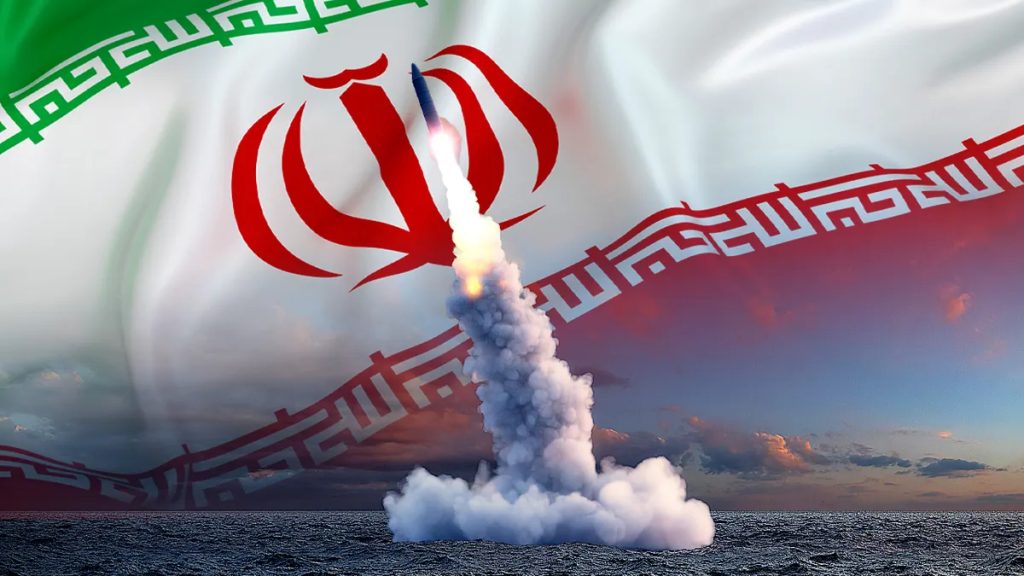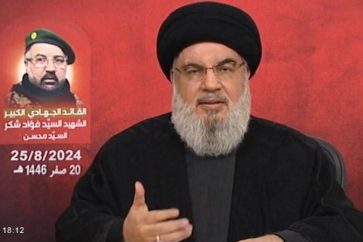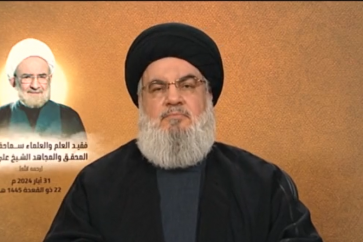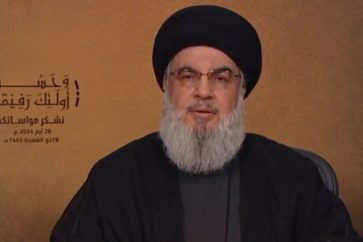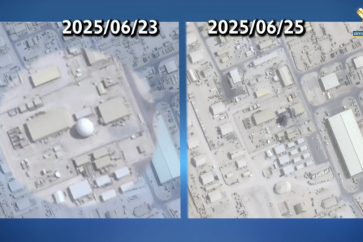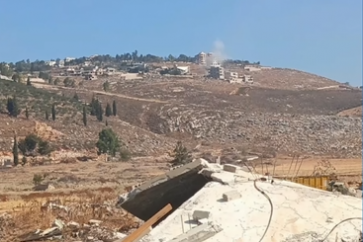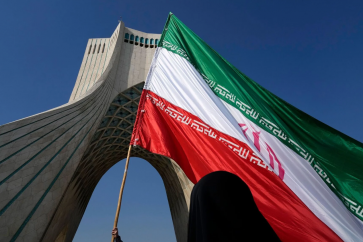The US strike on Iran’s nuclear facilities in Fordow, Natanz, and Isfahan—announced with characteristic bravado by President Donald Trump—was framed as a “highly successful” operation. But beneath the surface of military theater, the strike carries deeper messages and calculated signals. Timing, tone, and restraint reveal more than the explosions themselves.
Trump, ever the showman, punctuated the announcement with an odd yet telling declaration: “Now is the time for peace.” That statement wasn’t just rhetorical flourish—it was strategic punctuation. It framed the strike not as a prelude to war, but as its endpoint. In other words: message sent, escalation contained—for now.
But the aftermath is anything but resolved.
A Message in the Timing
Sunday was no coincidence. With US markets closed, the strike landed softly on the domestic front—shielding Wall Street from immediate tremors. It was a masterstroke of optics and damage control: shake the chessboard abroad, but keep the boardroom calm at home.

This is classic Trump-era strategic theater: assert dominance, project unpredictability, then leave the world guessing. But even behind the curtain of calculation, this act carries very real implications for the region—and for Iran in particular.
Iran Holds the Next Move
The strike forces Tehran into a tense, high-stakes decision. Does it absorb the blow, treat it as a closing note in a failed negotiation symphony, and preserve its nuclear advances? Or does it strike back—risking a spiral that could pull the United States further into a conflict it likely cannot sustain?
Iranian strategy has never been rooted in impulsive retaliation. Its playbook is built on ambiguity, asymmetry, and patience. A direct attack on a US base might rally domestic pride, but it also opens the gates to broader confrontation. Conversely, a calculated strike against Israeli assets could signal strength without triggering American wrath—a balancing act Iran has perfected over decades.
Then there’s the Strait of Hormuz. Iran has long kept this vital oil artery in its back pocket as a pressure valve. Total closure would invite international retaliation, but a slow-burn campaign of maritime harassment and ambiguity? That’s well within Tehran’s wheelhouse. Expect maneuvers, signals, and shadow games before any talk of outright closure, or else if it’s national security was at stake expect the unexpected.
The Familiar Script of US–Israeli Policy
For Washington and Tel Aviv, this isn’t new terrain. The strategy toward Iran has always been one of coercion without commitment—crippling sanctions, covert operations, cyber sabotage, and the occasional kinetic jab. The idea isn’t to win a war, but to prevent Iran from ever dictating peace on its own terms.
“Israel” plays provocateur. The United States plays referee. The rhythm is familiar.
What’s changed is Iran’s ability to rewrite the tempo.
Just days before the strike, veteran journalist Seymour Hersh suggested a limited US operation was imminent—a “strike without engagement,” designed to recalibrate deterrence without crossing into quagmire territory. He was right. The move was surgical, symbolic, and strategically ambiguous.
And yet, Iran was ready. A senior official confirmed that much of the highly enriched uranium at Fordow had already been moved before the strike. The lesson: Tehran was anticipating.
❗️ Iran removed most enriched uranium from the Fordow facility before the U.S. strike, according to Reuters
Satellite images from June 19 showed a surge in logistical activity at Fordow (around 16 trucks). pic.twitter.com/aUKmy7WzWx
— Based & Viral (@ViralBased) June 22, 2025
The Netanyahu Mirror
One can’t help but recall the conundrum Benjamin Netanyahu faced in Gaza: repeated escalations with no strategic exit, a cycle of provocation and retaliation that left little but rubble and rhetoric. Has Trump now walked into the same strategic cul-de-sac?

Without a credible exit strategy or diplomatic off-ramp, Washington risks setting itself up for a familiar frustration: applying overwhelming pressure without achieving decisive outcomes.
Source: Al-Manar English Website

